Let us help you to identify your biggest opportunities.
Our experts have worked in all kind of plants around the world, so the chances are we’ll be very familiar with your particular process. First of all we’ll carry out an audit and benchmark your process against operations with similar equipment and against world-class standards. Then we’ll identify opportunities to improve productivity, yield and product quality and we’ll work with your team to prioritise and implement them.

Our rolling and finishing expertise might bring a new perspective to your operations.
If you want to improve your rolling or finishing operations, there are many ways in which we can help you. If you have a problem with mill vibration we can help you solve it and improve the flatness and gauge variation of your sheet products. Our process models can design your spray cooling systems for optimum performance, and they can reduce the time and energy consumption of heating cycles.
Our Aluminium Rolling Technology Course is the only rolling course specifically for aluminium. It covers all the key aspects of hot and cold rolling of aluminium flat products. We’ve been running this course for over ten years now.

Our physically-based process models help you ‘see-inside’ your process.
Our Process Improvement team has developed a suite of models which can optimise almost every aspect of your aluminium rolling process. The models provide you with information on variables that cannot easily be measured, such as internal process temperatures. You simply enter various parameters from machine specifications or operating procedures. Effectively, our models allow you to ‘see inside’ your process whilst it’s running.

Train your team to solve problems and become more self-sufficient.
If you want to solve more problems in-house, one of our aluminium process improvement training courses could help you do this. You’ll learn about the latest process improvement techniques from tutors who have had years of experience successfully applying them in the aluminium industry.




